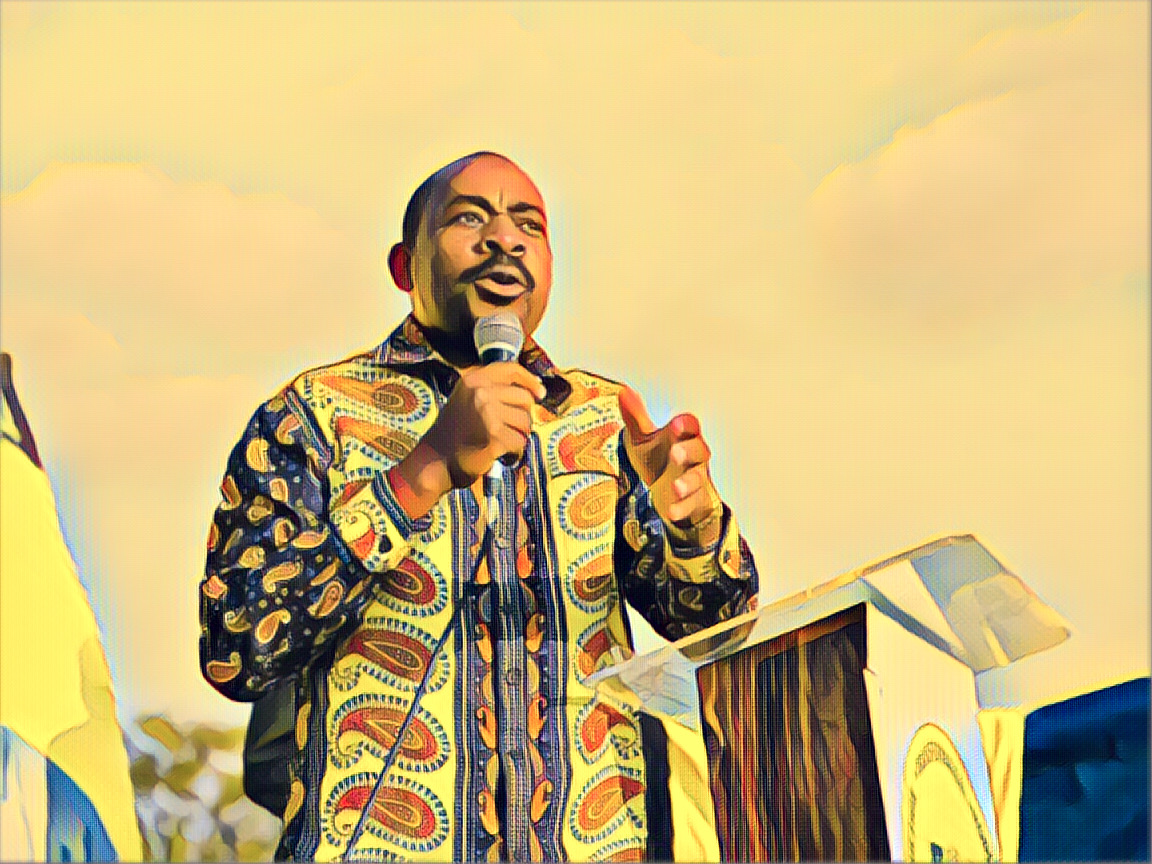Zimbabwe’s government has intensified its repression of civil society and political opponents following the resignation of Nelson Chamisa, the leader of the main opposition party, Citizens Coalition for Change (CCC).
Chamisa announced his withdrawal from the CCC last month, citing the party’s infiltration by the ruling ZANU-PF party and the mass recalls of elected officials by the party’s interim secretary general, Sengenzo Tshabangu.
His decision has plunged the opposition into disarray and created a vacuum in the country’s political landscape, leaving many Zimbabweans disillusioned and fearful of the future.
A climate of fear and intimidation
The CCC was formed in 2022 as a coalition of several opposition parties and civil society groups to challenge ZANU-PF’s dominance in the 2023 general elections. The coalition managed to win 45% of the vote but lost to ZANU-PF’s 53%. Chamisa and his supporters rejected the results, alleging fraud and irregularities.
Since then, the CCC has faced a series of legal and political challenges, including the arrests and prosecutions of several of its members and activists on various charges, such as treason, subversion, and inciting violence.
The most prominent case is that of Job Sikhala, the vice-chairperson of the CCC, who was arrested in January 2023 and accused of plotting to overthrow the government. He was released on bail in September 2023 but rearrested in October 2023 on new charges of insulting the president.
The CCC has also been hit by internal divisions and power struggles, which culminated in the recalls of more than 80 members of parliament and 200 local councilors by Tshabangu, who claims to be the party’s interim leader. Tshabangu has accused Chamisa of violating the party’s constitution and failing to hold an elective congress.
Chamisa, however, has dismissed Tshabangu as a ZANU-PF agent and accused him of working with the government to destroy the opposition. He has also accused the Zimbabwe Electoral Commission of being biased and facilitating the recalls.
The recalls have triggered a series of by-elections, which have been marred by violence, intimidation, and low turnout. ZANU-PF has won most of the seats, increasing its parliamentary majority and control over local authorities.
A shrinking democratic space
Human rights groups and observers have condemned the government’s crackdown on the opposition and civil society, saying it violates the constitutional rights of Zimbabweans and undermines the country’s democracy.
The Zimbabwe Peace Project (ZPP), a local watchdog, said in its monthly report that the government’s repressive machinery was on high alert, heightening the possibilities of human rights violations.
“Partisan distribution of food aid and inputs and intimidation of opposition political party supporters are likely to increase as a result. The ZANU-PF government is also likely to accelerate its assault on the opposition in a bid to decimate it, further shrinking democratic space for both opposition and civil society operations,” the report said.
The ZPP also warned that Chamisa’s withdrawal from the CCC could result in an increase in intra-party violence as rivals jostle to fill the vacancy he left.
The United Nations and the African Union have also expressed concern over the situation in Zimbabwe and urged the government to respect human rights and the rule of law.
The government, however, has defended its actions, saying it is acting within the law and maintaining peace and stability in the country. It has also accused the opposition and civil society of being sponsored by foreign powers to destabilize the country and undermine its sovereignty.
Despite the bleak outlook, some analysts and activists believe that there is still hope for Zimbabwe’s opposition and democracy. They argued that Chamisa’s exit from the CCC could be an opportunity for him to regroup and reorganize his supporters and allies, and to form a new and stronger opposition platform that can challenge ZANU-PF in the next elections.
Source: New Zimbabwe


